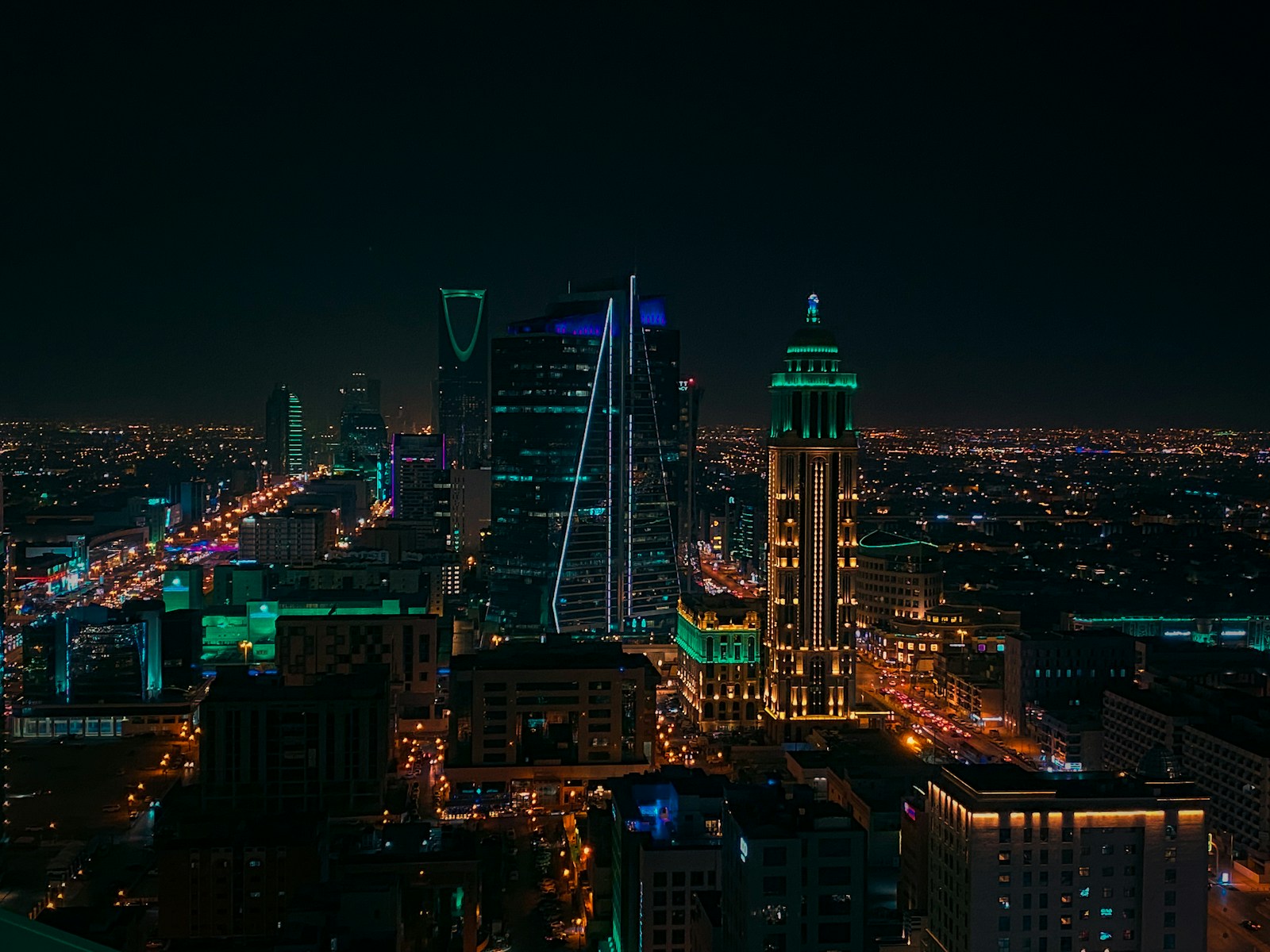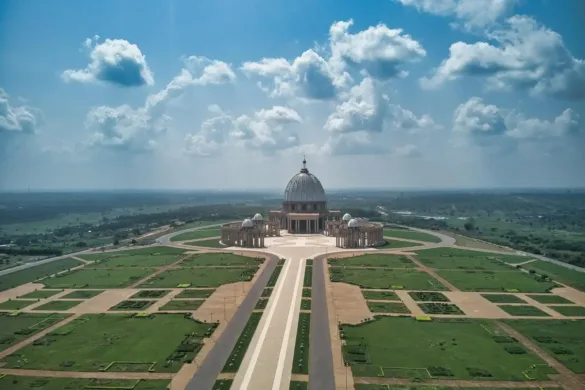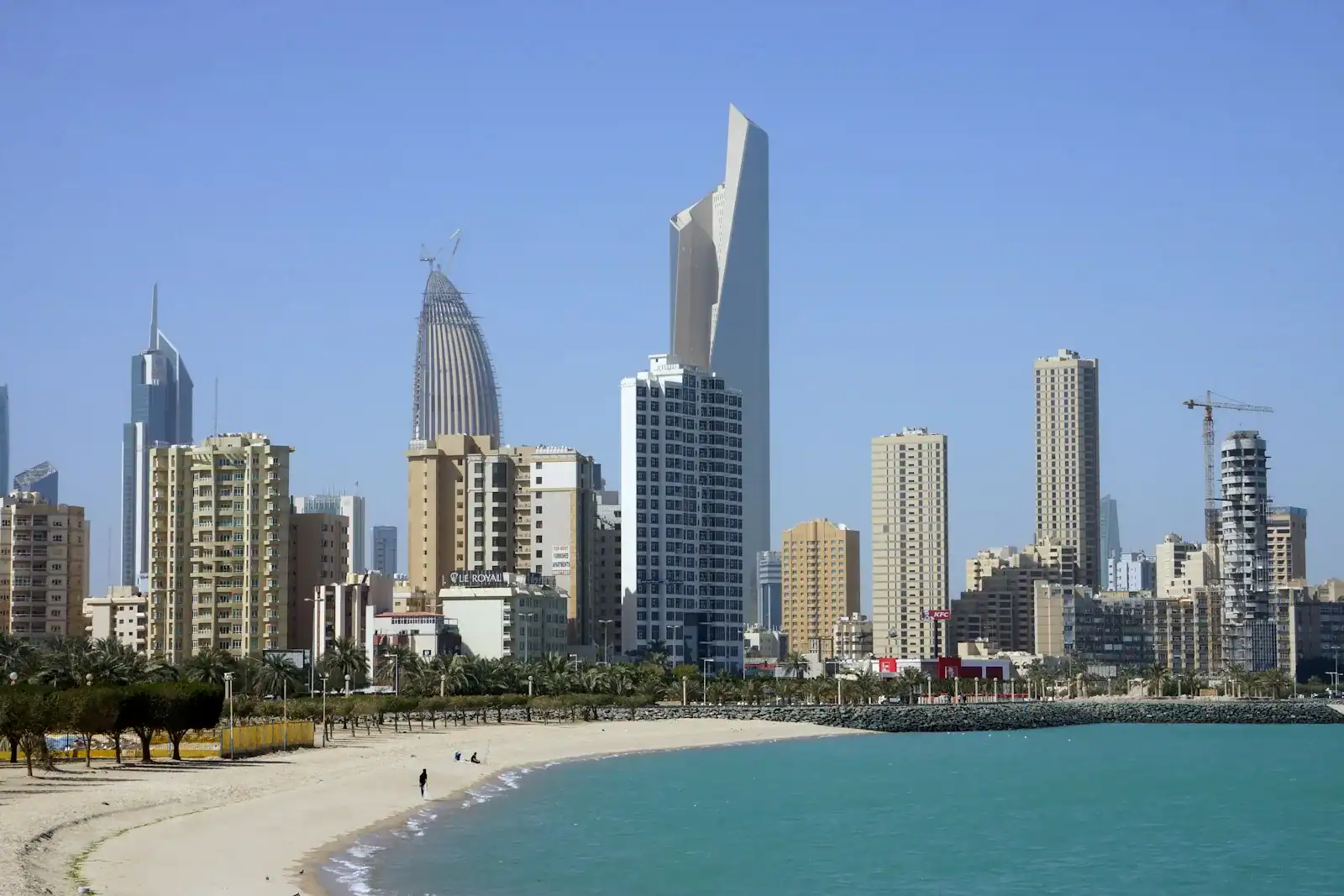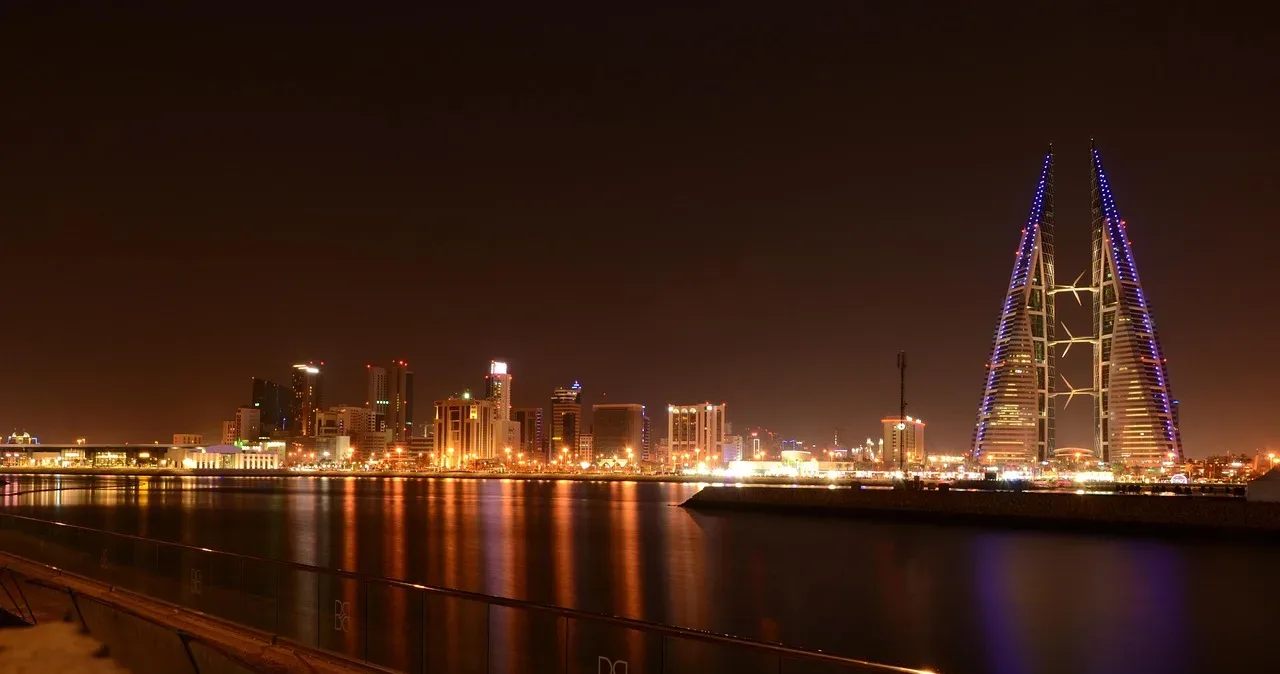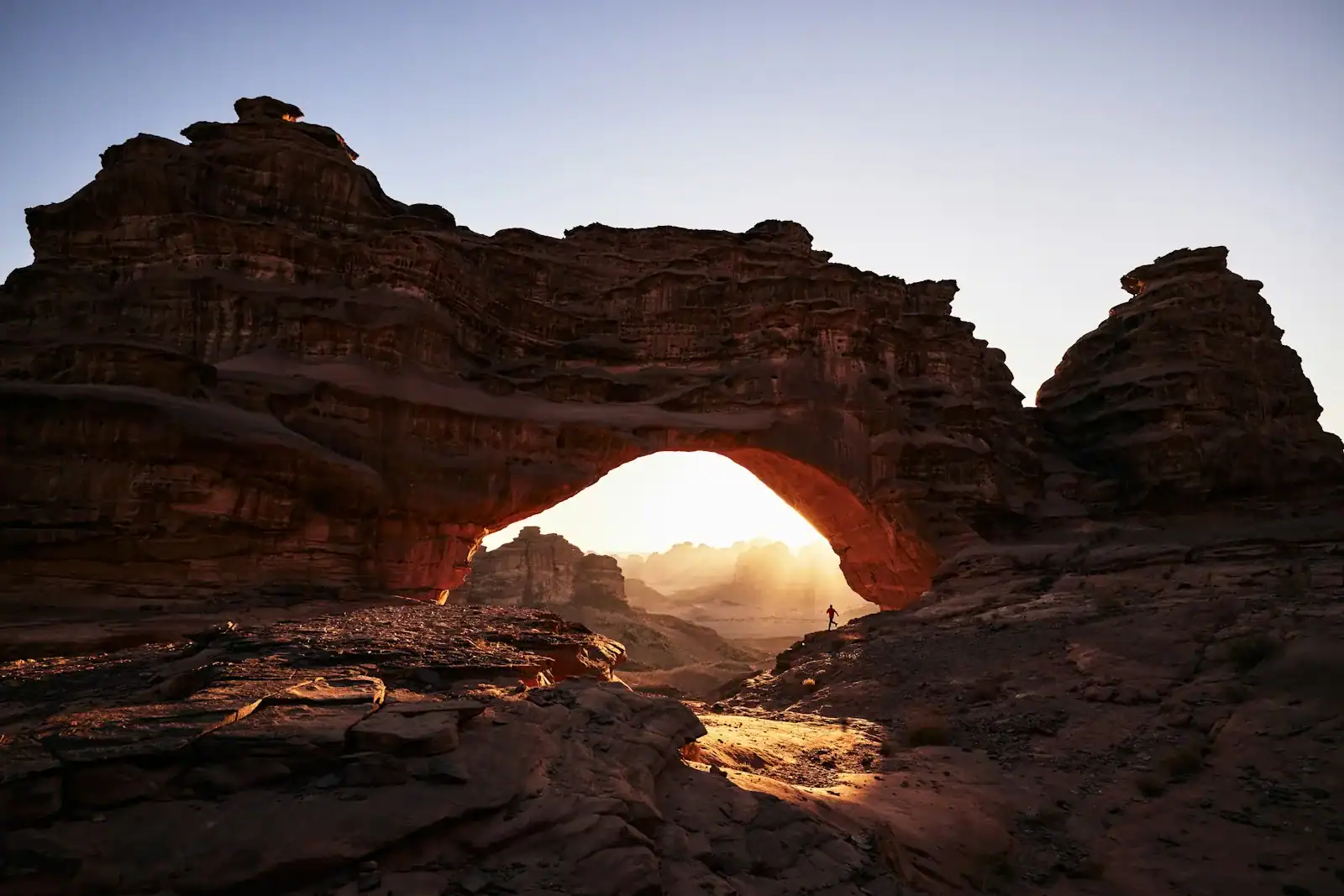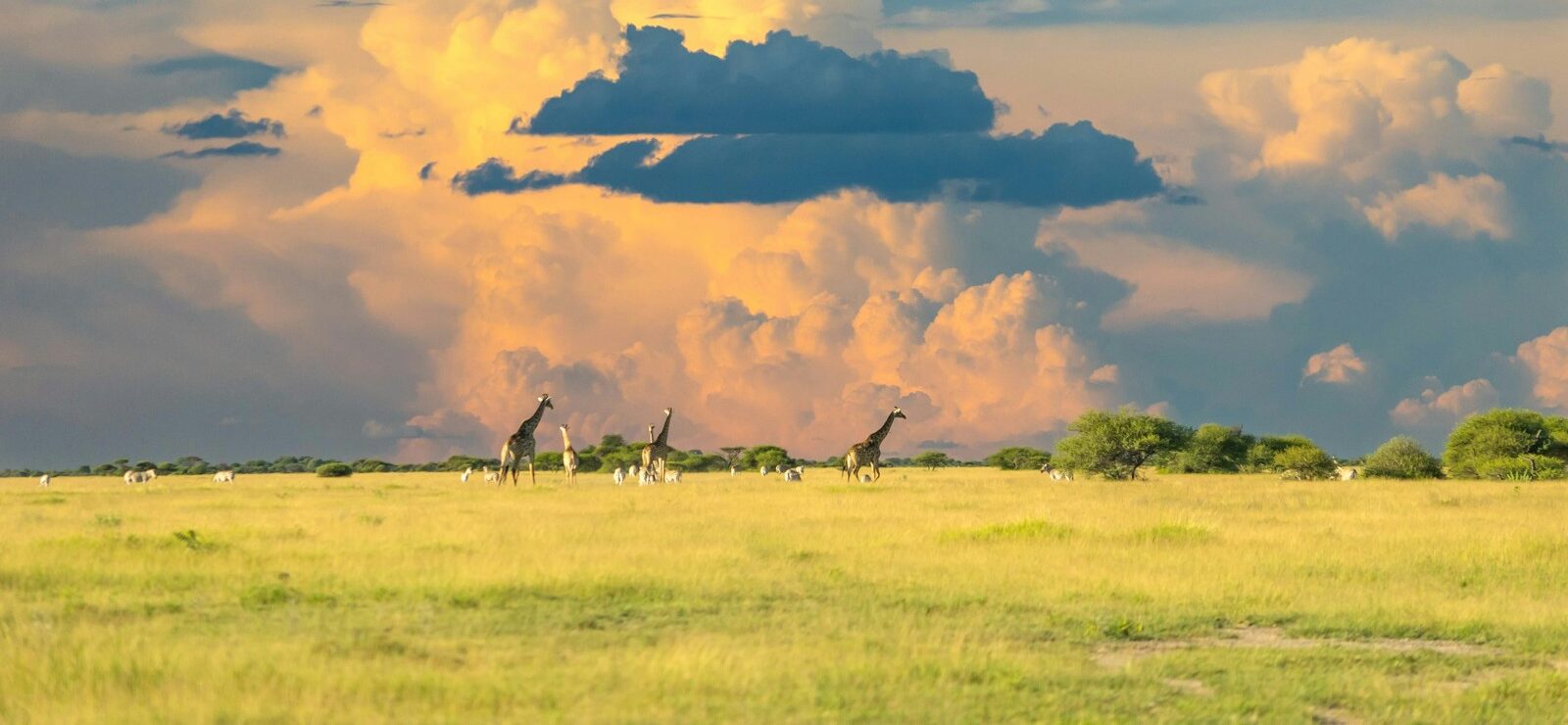Egypt Travel Guide: Temples, Tombs, and Daily LifeIntro to Egypt Travel Guide
Egypt is a country where the ancient and modern live side by side — from the Pyramids of Giza to the Nile’s fertile banks, golden deserts, and buzzing cities. But it’s also a place of rich hospitality, vivid culture, and unforgettable landscapes that stretch from the Red Sea to the Sahara.
Start planning your journey with this complete Egypt Travel Guide — including curated Egypt tours, top places to visit, the best time to visit Egypt, essential travel costs, and immersive things to do in Egypt beyond the pyramids.
Where to Go in Egypt
Alexandria | Aswan | Cairo | Dahab | Giza | Hurghada | Luxor | Marsa Alam | Port Said | Sharm El Sheikh | Siwa Oasis | Taba
💡Quick Facts:
Country: Egypt
Continent: Africa
Area: 1,002,450 km² (387,050 mi²)
Population: ~112 million (2024 est.)
Density: ~112 people/km²
Capital: Cairo
Regions/Subregions:
. Nile Valley and Delta (Cairo, Alexandria, Luxor)
. Western Desert (Siwa Oasis, White Desert)
. Eastern Desert (Red Sea Mountains, Marsa Alam)
. Sinai Peninsula (Sharm El Sheikh, Dahab, Mount Sinai)
. Upper Egypt (Aswan, Abu Simbel)
Official & Regional Languages: Arabic (official), English and French widely used in tourism
Currency: Egyptian Pound (EGP)
Time Zone(s): Eastern European Time (UTC+2), observes daylight saving time
Airports: Cairo International Airport (CAI), Hurghada International Airport (HRG), Sharm El Sheikh International Airport (SSH), Borg El Arab Airport (HBE), Luxor International Airport (LXR)
Climate: Desert climate; hot, dry summers and mild winters; coastal areas more temperate
Known For: Ancient monuments (Pyramids of Giza, Sphinx, temples of Luxor and Karnak), Nile River cruises, Red Sea resorts, Islamic Cairo, archaeological sites
🛂Arrival Info:
Most visitors need a visa; options include e-Visa, visa-on-arrival, or embassy-issued visas depending on nationality.
Visa-free entry for certain Arab and African countries.
Visa-on-arrival (30 days) available for citizens of the EU, US, Canada, Australia, and others at major airports.
e-Visa available online at Egypt e-Visa Portal.
Customs regulations: declare amounts over USD 10,000; restricted/prohibited imports include certain medications, drones, and antiquities.
💉Health Info:
Recommended vaccines: Hepatitis A, Hepatitis B, Typhoid; consider Rabies if rural travel.
Yellow fever vaccination required if arriving from a risk country.
Major hospitals in Cairo and Alexandria offer good facilities; rural areas may have limited care.
Private clinics in tourist hubs like Sharm El Sheikh and Hurghada cater to foreigners.
Travel insurance strongly recommended; emergency evacuation may be needed for remote areas.
✅ Check travel insurance options for travel emergencies, delays, and medical needs abroad — Get coverage here
✅ Stay Informed with Official Updates: WHO – International Travel & Health | CDC – Travel health updates
🚨Travel Advisory:
Ongoing security concerns in parts of North Sinai; travel restrictions apply.
Petty theft and scams can occur in crowded tourist areas.
Avoid political demonstrations; photography of government buildings is restricted.
✅ Stay Informed with Official Updates: US Travel Advisory | UK Foreign Travel Advice
📅Holidays:
January 25 – Revolution Day
April (varies) – Sinai Liberation Day
July 23 – Revolution Day
Eid al-Fitr and Eid al-Adha – Dates vary annually by Islamic calendar
October 6 – Armed Forces Day
💰Visitor Info:
Currency: Egyptian Pound; ATMs widely available in cities.
Credit cards accepted in major hotels and restaurants; cash preferred in markets and rural areas.
Tipping common for services (known as “baksheesh”).
Duty-free allowance includes 1L alcohol, 200 cigarettes.
Budget travel: $40–60/day; Midrange: $70–120/day; Luxury: $150+/day.
✈️Airports:
CAI – Cairo International: Main gateway; access to Giza and Alexandria
HRG – Hurghada, SSH – Sharm El-Sheikh: Red Sea beach resorts
LXR – Luxor, ASW – Aswan: Nile Valley and ancient temple hubs
Domestic flights via EgyptAir, Air Cairo, and Nile Air
✅ Delayed or canceled flight? Check if you’re eligible for compensation
🚍Transport:
Urban transport: metro (Cairo), buses, minibuses, taxis, Uber and Careem ride-hailing.
Intercity trains connect Cairo with Alexandria, Luxor, and Aswan.
Domestic flights link Cairo with Luxor, Aswan, Hurghada, Sharm El Sheikh.
Driving on the right; IDP recommended for car rentals.
Avoid unlicensed taxis; agree on fare in advance.
✅ Book reliable airport transfers and in-city rides in advance. Reserve your ride here
📶Connectivity:
SIM cards from Vodafone Egypt, Orange, and Etisalat available at airports and malls.
Good 4G coverage in cities; rural areas may have limited service.
Public Wi-Fi available in hotels and cafés; use VPN for security.
✅ Stay connected abroad with affordable eSIM data packs. Get your eSIM here
📜Laws & Etiquette:
Modest dress advised, especially in rural and religious areas.
Public displays of affection frowned upon.
Drinking age: 21; alcohol sold in licensed venues only.
LGBTQ+ travelers face legal and social challenges.
Always ask before photographing people, especially women.
🛡️Emergency Info:
Emergency numbers: Police 122, Ambulance 123, Fire 180.
Tourist police available at major sites.
Embassies located mainly in Cairo.
✅ Use embassy locator tools: Embassies Worldwide
🌦️Weather:
Summer (May–Sep): Very hot, especially inland; coastal resorts milder.
Winter (Nov–Feb): Mild days, cooler nights; peak tourist season.
Best time: Oct–Apr for pleasant temperatures.
✅ Stay prepared—check the weather forecast for your destination — Weather Forecast
Egypt by Region – Where to Go
Egypt is far more than Cairo and Luxor — here’s how the country divides by geography, culture, and experience.
Cairo & the Nile Delta
Egypt’s beating heart and gateway to the ancient world.
- Cairo: Bustling capital with medieval markets, mosques, and museums.
- Giza: Home to the Great Pyramids and the Sphinx.
- Alexandria: Coastal city with Greco-Roman history and seaside vibes.
Upper Egypt (Southern Nile Valley)
The cradle of ancient Egyptian civilization.
- Luxor: A living museum — Valley of the Kings, Karnak Temple, and riverfront felucca rides.
- Aswan: Relaxed Nile-side town near Nubian villages and the temple of Philae.
- Abu Simbel: Grand temples built by Ramses II near the Sudanese border.
Western Desert & Oases
Remote, mystical, and home to nomadic cultures and surreal landscapes.
- Siwa Oasis: Date palms, natural springs, and Berber traditions.
- White Desert: Alien rock formations and overnight desert camping.
- Bahariya & Farafra: Starting points for desert safaris.
Red Sea Coast
Adventure, diving, and relaxation under the sun.
- Hurghada: Family-friendly resorts and excellent snorkeling.
- El Gouna: Upscale beaches and kite surfing on turquoise lagoons.
- Marsa Alam: Untouched diving reefs and marine reserves.
Sinai Peninsula
Sacred mountains and epic coastlines.
- Sharm El Sheikh: Luxury resorts, diving, and nightlife.
- Dahab: Laid-back town for divers, yogis, and desert explorers.
- Mount Sinai: Religious pilgrimage site with sunrise treks.
Top Places to Visit in Egypt
These are the most culturally and visually iconic places to visit in Egypt.
Ancient & Historic Sites
- Giza Pyramids: One of the Seven Wonders of the Ancient World.
- Luxor’s Karnak & Valley of the Kings: Temples, tombs, and golden treasure.
- Abu Simbel: Monumental rock temples near Lake Nasser.
Cultural & Religious Highlights
- Old Cairo: Coptic churches, Islamic mosques, and ancient synagogues.
- Khan El-Khalili Market: Cairo’s most famous bazaar.
- Nubian Villages (Aswan): Painted houses, traditional crafts, and boat rides.
Desert & Nature Experiences
- Siwa Oasis: Salt lakes, sand dunes, and fortress ruins.
- White Desert: Camp under stars among wind-carved chalk formations.
- Wadi El Rayan (Fayoum): Waterfalls and desert lake systems.
Coastal & Diving Spots
- Hurghada & Marsa Alam: Dive coral reefs, swim with dolphins, and enjoy all-inclusive luxury.
- Dahab & the Blue Hole: Iconic dive site and relaxed backpacker beach town.
- Sharm El Sheikh: Jet-set resort with reef access and Red Sea glamour.
How to Choose Where to Go in Egypt
Choose your route by interest, and mix ancient history with nature and relaxation.
- For Ancient Egypt: Focus on Cairo, Luxor, and Aswan with a Nile cruise.
- For Diving & Coastline: Explore Sharm, Dahab, or Marsa Alam.
- For Sacred Travel: Visit Mount Sinai, Saint Catherine’s Monastery, and Old Cairo.
- For Desert Adventures: Venture west to Siwa or the White Desert.
- Efficient Pairings: Cairo + Luxor + Red Sea, or Aswan + Abu Simbel + Siwa
How to Get Around Egypt
Plan ahead — Egypt is larger than it looks, and distances can be significant.
- Domestic Flights: Time-saving for Cairo–Aswan–Luxor–Sharm
- Trains: Efficient between Cairo, Luxor, and Aswan (sleeper trains available)
- Buses & Minibuses: Affordable but best for shorter routes
- Nile Cruises: Popular between Luxor and Aswan — both scenic and practical
- Taxis & Ride Apps: Uber works in Cairo and Alexandria
- Camel & Horse Carts: Common at major historic sites — negotiate price clearly
Travel Budget & Costs in Egypt
The travel cost in Egypt offers great value for both budget and mid-range travelers.
- Budget: $30–50/day — hostels, local food, trains
- Mid-Range: $70–150/day — boutique hotels, domestic flights, guided tours
- Luxury: $200+/day — Nile cruises, 5-star hotels, private guides
Sample Costs:
- Giza ticket (3 pyramids): ~$10
- Domestic flight (Cairo–Luxor): ~$80
- Street meal (koshari, falafel): $2–5
- Nile cruise (3 nights): $300–600
- Entry to Abu Simbel: ~$12
Best Time to Visit Egypt
Egypt is a year-round destination, but weather varies by region.
- October–April: Best for sightseeing and desert trips — mild temps and peak travel season
- May–September: Hot and dry — good for coastlines but avoid midday ruins
- Ramadan: Varies by year — a cultural experience, but note reduced hours and services
The best time to visit Egypt is between October and April, when temperatures are ideal for outdoor exploration and desert adventures.
Must-See Experiences in Egypt
These top things to do in Egypt will immerse you in history, nature, and soul.
- Stand between the Sphinx and the Pyramids of Giza
- Sail the Nile at sunset in a traditional felucca
- Descend into King Tut’s tomb in the Valley of the Kings
- Explore Cairo’s Islamic Quarter by lantern light
- Camp under stars in the White Desert
- Snorkel Ras Mohammed National Park in the Red Sea
- Climb Mount Sinai before sunrise
- Visit a Nubian home and enjoy tea by the river
Book immersive Egypt tours and experience unforgettable things to do in Egypt — from sacred temple rituals and highland treks to floating markets and lakeside food adventures.
Best Travel Itineraries in Egypt
Here are suggested itineraries based on length and focus.
7-Day Ancient Egypt Express
Cairo → Luxor → Aswan (Nile cruise optional)
- Pyramids, temples, tombs, and quick inland transport
10-Day Culture & Coastline
Cairo → Luxor → Hurghada or Dahab
- Combine ancient history with Red Sea relaxation
2-Week Egypt in Depth
Cairo → Siwa → Alexandria → Luxor → Aswan → Abu Simbel → Marsa Alam
- For those wanting to see it all — mix of coast, history, and deserts
Local Cuisine & Culinary Experiences
Egyptian food is rich, comforting, and full of regional character.
What to Try
- Koshari: Egypt’s national dish — lentils, pasta, tomato, and fried onions
- Ful Medames: Fava bean breakfast staple
- Molokhia: Green soup made from jute leaves
- Mahshi: Stuffed vegetables with rice and herbs
- Hawawshi: Spiced meat baked into pita
- Om Ali: Egyptian bread pudding for dessert
Culinary Tips
- Eat at street stalls for local flavor — try falafel or grilled liver sandwiches
- Visit cafés for shisha and mint tea
- Take a cooking class in Cairo or Luxor
- Try seafood in Alexandria or on the Red Sea coast
Taste your way through Egypt with market tours, home-cooked meals, and iconic street food.
Travel Safety & Cultural Etiquette in Egypt
Egypt is welcoming but requires cultural sensitivity and some precautions.
- Dress modestly: Especially in mosques and rural areas
- Tipping is expected: Guides, drivers, hotel staff, and restrooms
- Stay alert in crowded areas: Pickpockets and hustlers are common
- Avoid political discussions: Especially with strangers or in public
- Women travelers: Should dress conservatively and consider guided travel for comfort
Where to Go Next – Pair Egypt with These Destinations
Egypt connects well to the Middle East, North Africa, and East Africa.
- Jordan: Petra, Wadi Rum, and the Dead Sea
- Turkey: Combine Egypt’s ancient history with Istanbul’s layers
- UAE: Dubai or Abu Dhabi for modern contrast
- Morocco: For a different flavor of North African culture and architecture
Jordan Travel Guide | Turkey Travel Guide | Morocco Travel Guide | Dubai Travel Guide
Final Planning Checklist for Egypt
- Book pyramids and tomb entries online in advance for peak season
- Confirm domestic flights or sleeper trains well ahead
- Carry Egyptian pounds in small bills for tipping and shops
- Pack light cotton clothing, a scarf for mosques, and sun protection
- Bring medications for stomach upsets and heat
- Download offline maps, Arabic phrasebook, and transport apps
- Learn key etiquette rules for sacred and rural sites
- Confirm visa requirements and purchase travel insurance with medical coverage
Explore Egypt with confidence using our trusted tips, local insights, and region-by-region planning tools.
For more expert travel tips, practical strategies, and trusted tools — visit our Homepage and get inspired for your next trip.

